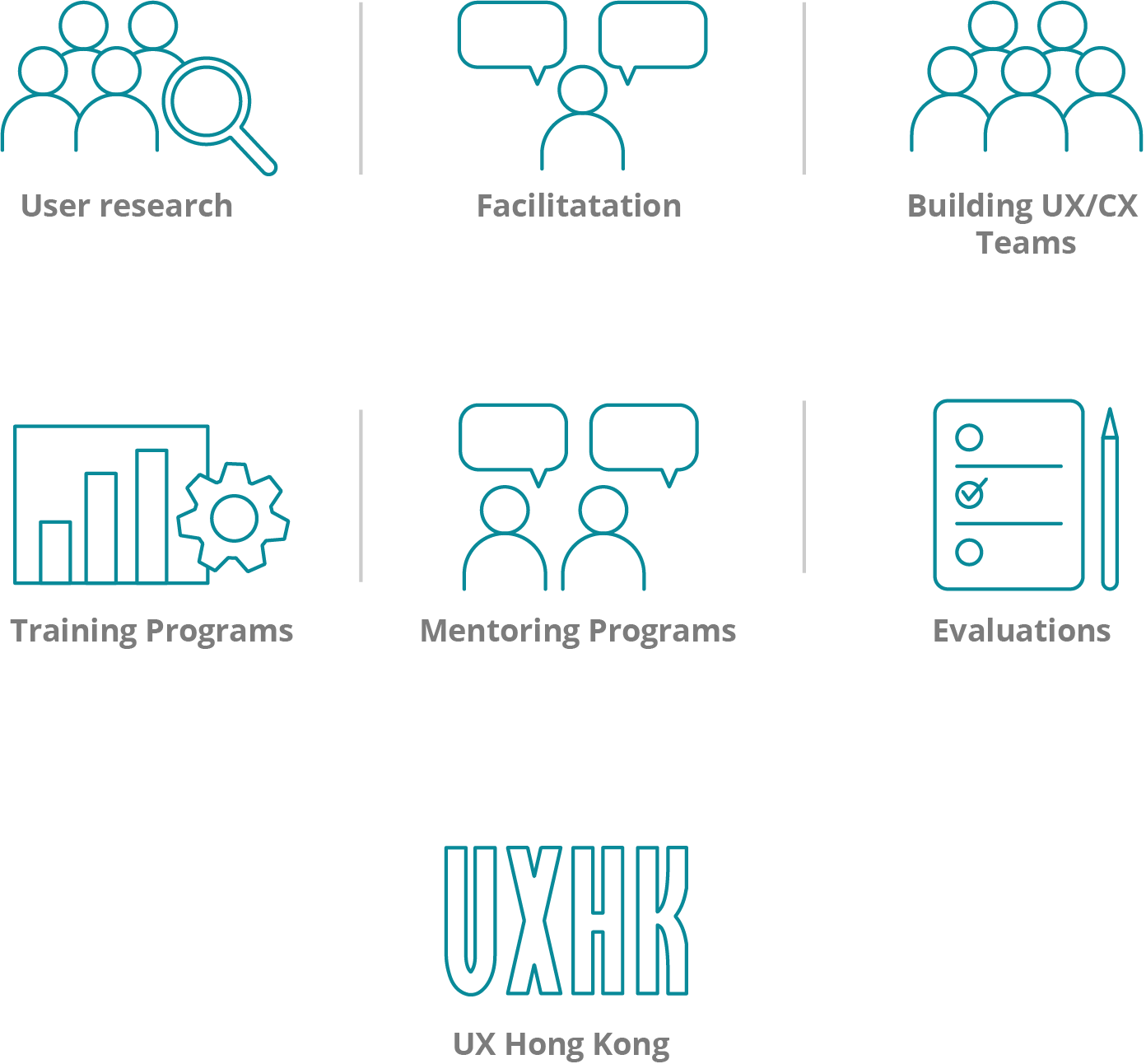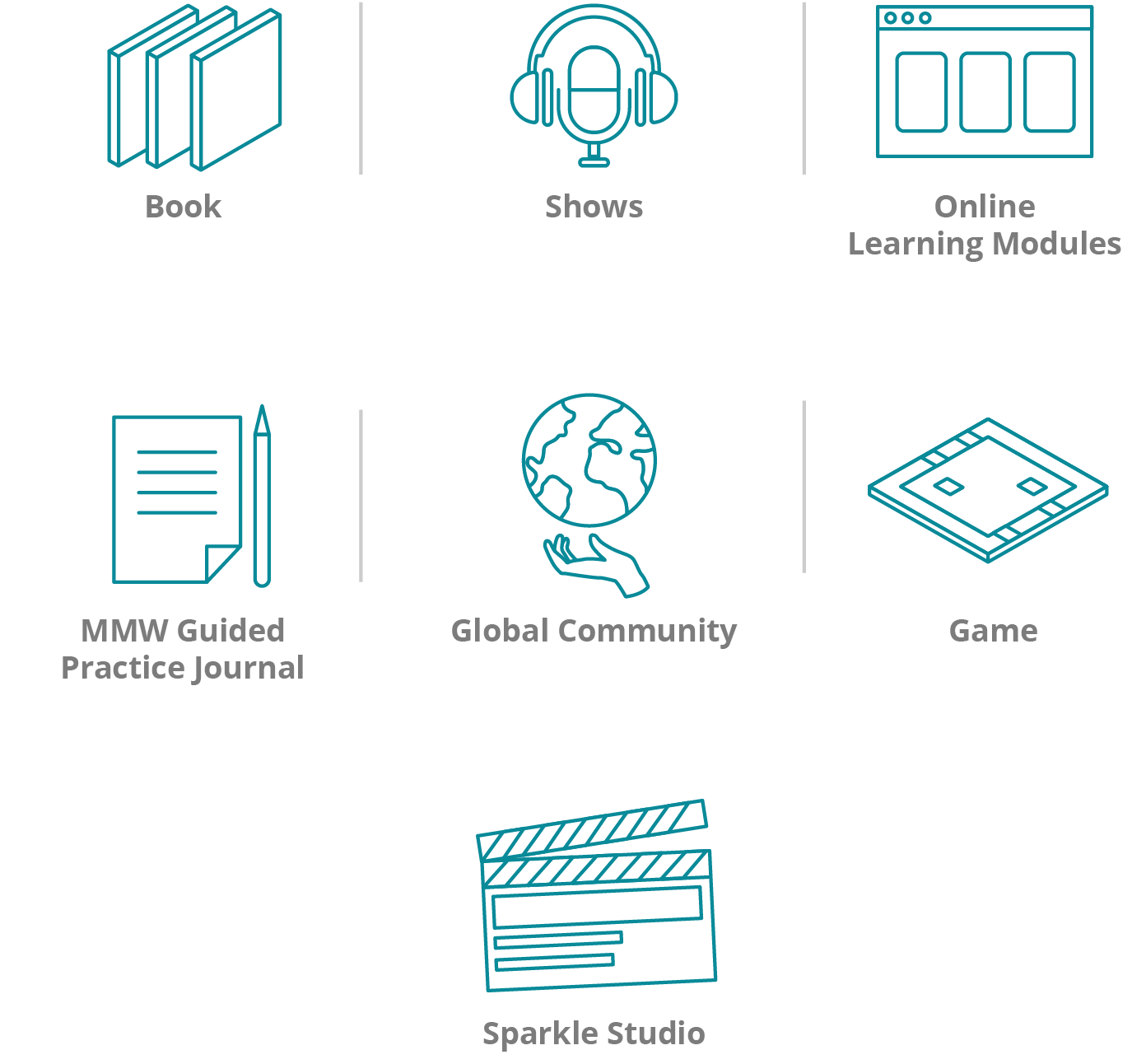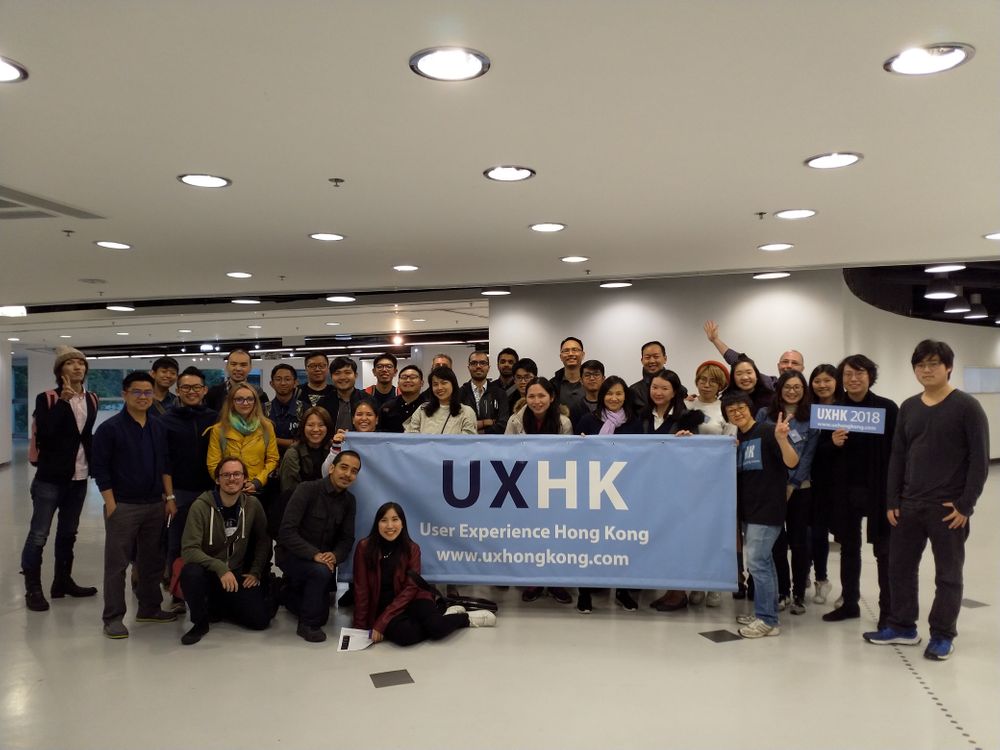Apogee was founded in 1998 by Josephine Wong and Daniel Szuc and is based in Hong Kong.
We focus on helping organisations to gain a meaningful understanding of customers and employees.
We provide the following consulting, training and mentoring services below:
User Experience/Customer Experience

Make Meaningful Work

Our Principles
We do this together by applying both User/Customer Experience and Make Meaningful Work by:
- Understanding PEOPLE - meet with and understand people in the contexts they work and live to collect stories that provide previews into opportunities we may not see.
- Defining the PROBLEM to be solved - inform a problem statement by understanding people and other data available, to provide evidence to support and strengthen a direction and roadmap and to ask what it means for a project going forward.
- Uncovering ASSUMPTIONS - help project teams discuss their assumptions by sourcing the evidence available to support them that either challenges or accepts assumptions. This helps a team to prioritise features by determining what features deserve more of the project team’s time, focus and attention and what features require more research or further iterations.
- Collecting STORIES from people - collect stories through the use of photos and video to help teams experience what it feels like to immerse in people’s lives and by sharing by reading stories and listening to details in the stories to help gain an appreciation of what it may mean for the products and services in focus.
- Immersing in OBSERVATIONS from the STORIES - help project teams immerse in the observations that emerge from the stories in order to gain clearer insights on the way forward.
- Practicing SENSEMAKING to inform insights - through facilitated sensemaking help teams deconstruct and make sense of the data to determine what it might mean for the project going forward.
- Pausing to REASSESS based on the insights - help project teams reassess what they have learned and iterating artefacts including but not limited to the problem statement, assumptions, a narrative, product and service concepts, principles and user scenarios.
- Structuring ROUTINES to Make Meaningful Work - provide routines as part of project stages to help project teams structure and practice the fundamental routines to better understand the people we design for and how to bridge this into improvements to help make meaningful work.
- Defining ROLES to guide the ROUTINES - define roles that help project teams at work focus and delve deeply into design details, while allowing other work to take a step back to see how the elements of our work connect with one another, enabling us to deliver solutions that meet well identified customer needs that are part of a bigger roadmap.
- Encouraging USER CENTRED DESIGN through continuous learning - teach teams on how to practice user centred design through workshops and also by inviting stakeholders to join interviews as a way to gain empathy for the people we are designing for.

